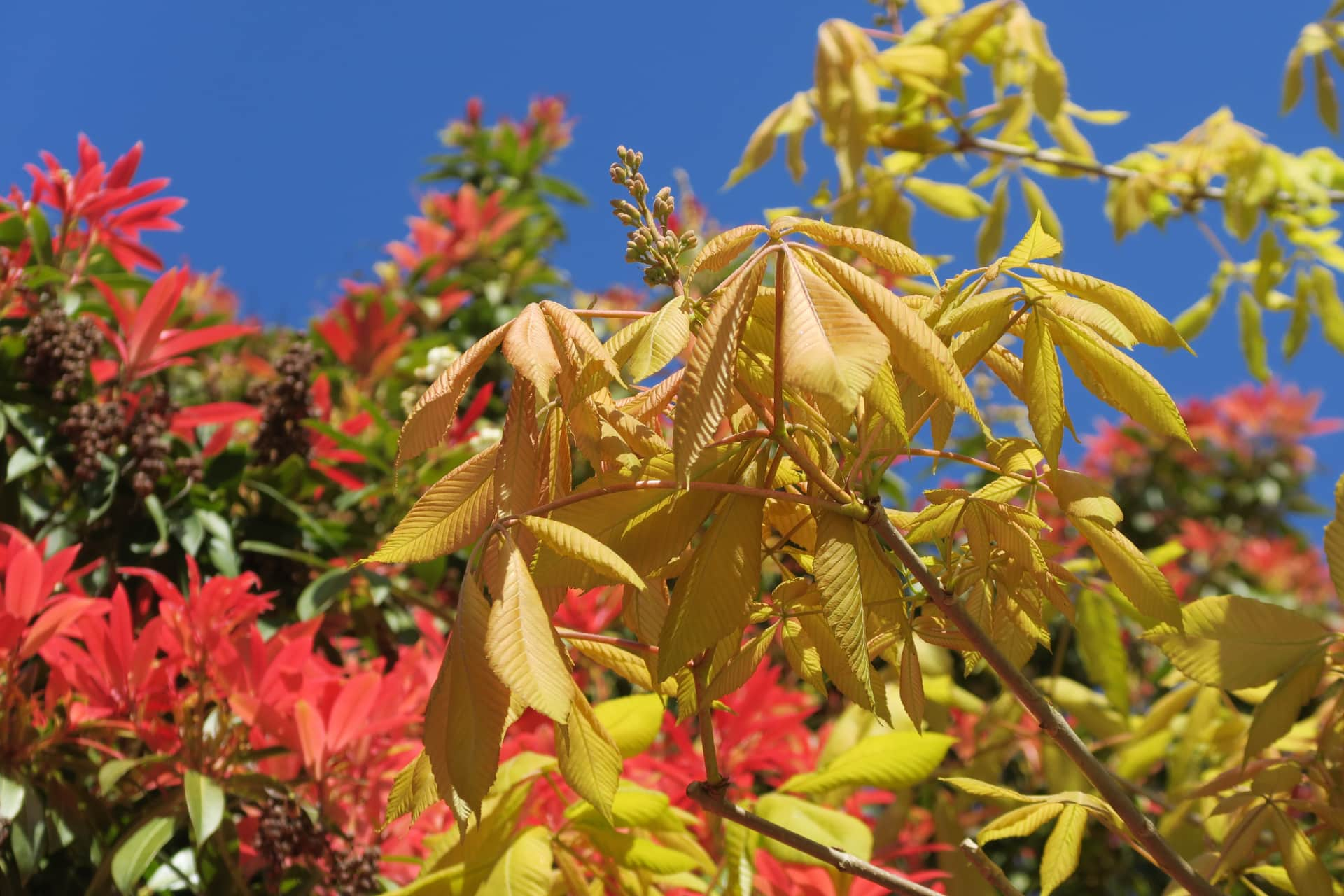
This week, the University of Liverpool is proud to support Climate Impact Week 2025.
Launching in Liverpool and facilitated by the 2030hub, Climate Impact Week offers a powerful platform to accelerate the Sustainable Development Goals (SDGs) through local advocacy, action and measurable impact. Today (5th June) also marks World Environment Day, so it seems a good time to reflect on the huge strides the University has made towards becoming a more sustainable institution.
Our commitment
Sustainability is central to everything we do. Guided by our new Sustainability Strategy, we’re committed to advancing environmental and social equity through three core pillars:
- Research: Our interdisciplinary research addresses the world’s greatest challenges, driving global impact aligned with the UN SDGs.
- Education and Student Experience: We empower students with the knowledge, skills, and values to address global challenges and make a positive impact.
- Sustainable Campus and Operations: Sustainability will underpin how we operate within and beyond our organisational boundaries, driving positive change across our campus and wider community.
View this post on Instagram
Our progress
We published our first ever Biodiversity Plan as a new addition to our suite of supporting plans, which sets out the principles guiding our response to the biodiversity crisis, both within our estate and beyond. This new plan supports the commitments set out in the Sustainability Strategy, and the underpinning Climate Plan.
We officially launched the Interdisciplinary Centre for Sustainability Research (ICSR), a dynamic new hub bringing together researchers from across disciplines to address the United Nations Sustainable Development Goals through collaborative, impactful work.
We launched several key new initiatives this year. Our new Living Labs programme connects students and staff with live sustainability challenges on campus and in the wider community, establishing the University as a real-world environment for testing and advancing sustainable solutions. We also introduced Warp It, our new internal reuse platform for furniture and equipment, designed to reduce waste and embed circular economy practices across the University.
Engagement and impact continue to drive our approach. Our third annual Sustainability Week saw more than 500 staff, students, and alumni take part in events and activities focused on climate action. Through the Laboratory Efficiency Assessment Framework (LEAF), we’re embedding sustainable practices across our laboratories, with 95% now accredited at Bronze, Silver, or Gold levels.
Our commitment to sustainability is being recognised globally. We rose eight places to rank 42nd in the world in the QS Sustainability Rankings. We’re now among the top 100 universities worldwide in the Times Higher Education Impact Rankings. And in the People & Planet University League, we climbed 10 places to reach 37th in the UK.
Plus, we are proud to have signed the UKRI Concordat for the Environmental Sustainability of Research and Innovation Practice, reaffirming our commitment to sustainable research. We have continued to deliver the award-winning Sustainability in Action module for students, and rolled out a new Sustainability and Climate Change training module for staff, and we remain on track to achieve our goal of a 50% reduction in general waste, further embedding sustainability into our culture and operations.
What's next?
Our work continues with a new Energy Strategy, which is currently in development. It will define our approach to energy efficiency, resilience, and collaborative partnerships, while critically supporting our decarbonisation targets. The strategy will play a central role in delivering a key success measure of our Sustainability Strategy: achieving net zero emissions for scope 1 and 2 by 2035, and scope 3 by 2050, in line with the Liverpool 2031 Strategic Framework.
We will also soon publish our latest Sustainable Development Goals (SDG) Report for the 2024/25 academic year. This annual report highlights how our research, teaching, public engagement, and campus operations support the UN SDGs and align with the University’s strategic vision. Read last year's report here.
Additionally, we are working towards Fairtrade accreditation as part of the SOS-UK Fairtrade University and College Award (2023–2025 cohort). This joint initiative with the Liverpool Guild of Students reflects our shared commitment to ethical sourcing, social responsibility, and global citizenship.
These next steps deepen our commitment to sustainability, further advancing the UN SDGs and supporting the city region’s journey to net zero.
Find out more
To find out more about our sustainability work visit our webpages, or contact the sustainability team.
Discover more about Climate Impact Week and opportunities to participate in events happening throughout the city here.